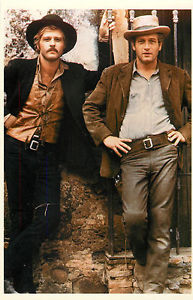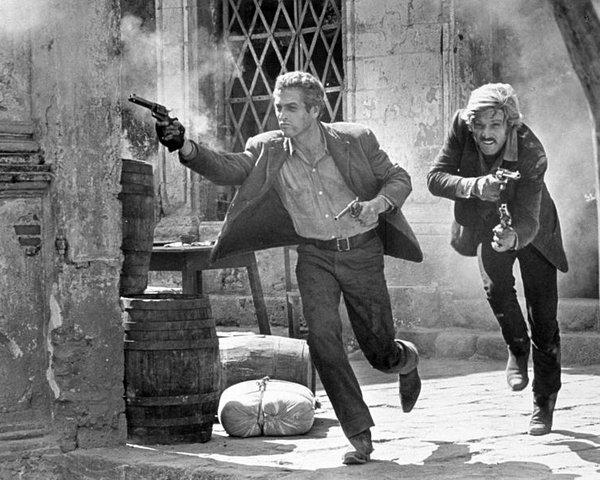Confessional Christology: Catholic Definitions versus Congenital Defects

Given the positive response to our first two posts, and the fact that the doctrine of God is now emerging as a contested locus within our own denomination, we continue this ongoing series with some reflections on the type of questions that should be asked of candidates relative to the Christology of the Reformed confessions.
 Last week’s second Den Dulk lecture, Follow the Money, contained a section with the crassly insensitive title, ‘Intellectual incest breeds idiot children.’ The basic point was that certain types of institutionalized Reformed theology dialogue only with themselves, engage those outside of the inner circle only to critique them, and thus dangerously detach themselves from the teaching of the wider Christian tradition. The result is that mistakes and errors can be unchecked, replicated, strengthened and magnified over time, and culminate in an actual departure from confessional orthodoxy. We see the sad fruit of this in the loss of true Trinitarian theology in evangelicalism, and in the disparagement of catholic doctrines such as simplicity, immutability, and impassibility in Reformed churches and institutions.
Last week’s second Den Dulk lecture, Follow the Money, contained a section with the crassly insensitive title, ‘Intellectual incest breeds idiot children.’ The basic point was that certain types of institutionalized Reformed theology dialogue only with themselves, engage those outside of the inner circle only to critique them, and thus dangerously detach themselves from the teaching of the wider Christian tradition. The result is that mistakes and errors can be unchecked, replicated, strengthened and magnified over time, and culminate in an actual departure from confessional orthodoxy. We see the sad fruit of this in the loss of true Trinitarian theology in evangelicalism, and in the disparagement of catholic doctrines such as simplicity, immutability, and impassibility in Reformed churches and institutions.
Nowhere is this risk greater than in the doctrines of God and Christ. The Reformers did not offer distinctly Reformed understandings of these. As the Reformation advanced, they found that the catholic creeds provided them with exactly what they needed to articulate the Bible’s teaching. Therefore, as noted a few weeks ago on this blog, knowledge of church history, of the controversies, heretics, categories and definitions of ancient Christological debates, of the formulations of the Councils of Constantinople (381), Ephesus (431), and Chalcedon (451), along with collateral writings such as those by Cyril of Alexandria and the Tome of Leo, are important for understanding what the Reformed confessions teach. Knowledge of later problematic movements – the Socinians and their passible, limited God, for example – is also key if we are to understand both what our confessions affirm and what they reject.
For students, we would suggest comparing whatever new teaching you might receive in the classroom with both the confessions upon which your denomination is founded and with the Christian consensus which these confessions seek to represent. After all, you do not want to pay good money to be taught incorrectly and thereby trained to fail presbytery exams. You surely want to pass them. And remember that on matters of the Trinity and Christology in particular, the Reformed confessions make no claim to originality. The idea that they were overthrowing the previous teaching of the Church – or setting their followers on a trajectory to do so – is contrary to their entire spirit.
This could not be more clearly stated than in the Second Helvetic Confession. Bullinger puts it this way:
And, to say many things with a few words, with a sincere heart we believe, and freely confess with open mouth, whatever things are defined from the Holy Scriptures concerning the mystery of the incarnation of our Lord Jesus Christ, and are summed up in the Creeds and decrees of the first four most excellent synods convened at Nicaea, Constantinople, Ephesus and Chalcedon -- together with the Creed of blessed Athanasius…and we condemn everything contrary to these.
This is especially notable because, in the recent past, attempts have been made to use a misshapen and frankly unorthodox Christology as a starting point – either for new doctrinal formulations about the scriptures or for changes in the traditional doctrine of God. It is no accident that the Reformed confessions assume the traditional understanding both of the Trinity and of Christology. They explicitly require those who follow these confessions to do the same.
We must therefore familiarize ourselves with the traditional Trinitarian language that is affirmed and denied in the confessions, and with the Christological distinctions which are either stated or assumed in the formulations of the 16th and 17th century. This will offer a corrective against any tendencies to teach or to approach these key truths in a novel or unique way.
Our Christology, the Christology of the Reformed confessions, is the Christology of the church catholic. And it is inseparably connected to the traditional doctrine of God. With this in mind, we offer the following questions as a way of guiding both presbyteries and candidates towards the kind of ideas and distinctions with which they should be familiar – and which they should affirm – if confessional subscription is to be undertaken with integrity. These questions seek to highlight not merely the Christological questions with which ministers should be familiar, but the underlying implications that they might have for our overall doctrine of the Triune God.
the following questions as a way of guiding both presbyteries and candidates towards the kind of ideas and distinctions with which they should be familiar – and which they should affirm – if confessional subscription is to be undertaken with integrity. These questions seek to highlight not merely the Christological questions with which ministers should be familiar, but the underlying implications that they might have for our overall doctrine of the Triune God.
- What is Adoptionism? Why was it rejected? What would it mean for our Christology to understand God as at some point adopting merely created things and adding them to Himself?
- Why was Arianism rejected by the Church? Why did the Church reject the idea that there was a mediating created being, similar in substance to God, that acted on behalf of creation?
- Why was tritheism rejected? What would it mean to posit three wills or three minds in God?
- What is Eutychianism? Why is this insufficient for understanding the Son of God as He reveals Himself in scripture and history? What implications would there be for our doctrine of God if we used a Eutychian Christology as our starting point?
Butch Cassidy and the Sundance Kid are both ministers in the Philadelphia Presbytery of the Orthodox Presbyterian Church.




